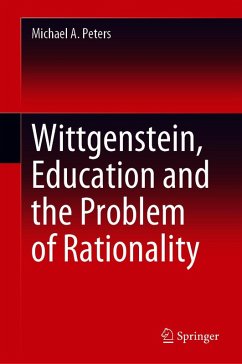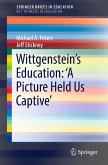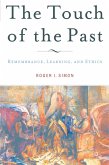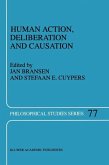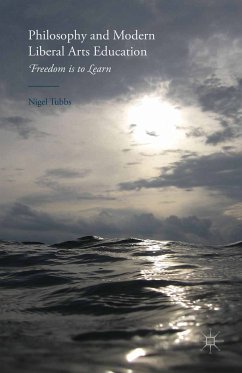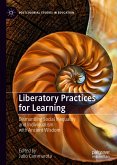This book develops an argument for a historicist and non-foundationalist notion of rationality based on an interpretation of Wittgenstein of the Philosophical Investigations and On Certainty. The book examines two notions of rationality-a universal versus a constitutive conception - and their significance for educational theory. The former advanced by analytic philosophy of education as a form of conceptual analysis is based on a mistaken reading of Wittgenstein. Analytic philosophy of education used a reading of Wittgenstein's philosophy of language to set up and justify an absolute, universal and ahistorical notion of rationality. By contrast, the book examines the underlying influence of the later Wittgenstein on the historicist turn in philosophy of science as a basis for a non-foundationalist and constitutive notion of rationality which is both historical and cultural, and remains consistent with wider developments in philosophy, hermeneutics and social theory. This book aims to understand the philosophical motivation behind this view, to examine its intellectual underpinnings and to substitute this universal conception of rationality by reference to a Hegelian interpretation of the later Wittgenstein that emphasizes his status as an anti-foundational thinker.
Dieser Download kann aus rechtlichen Gründen nur mit Rechnungsadresse in A, B, BG, CY, CZ, D, DK, EW, E, FIN, F, GR, HR, H, IRL, I, LT, L, LR, M, NL, PL, P, R, S, SLO, SK ausgeliefert werden.

